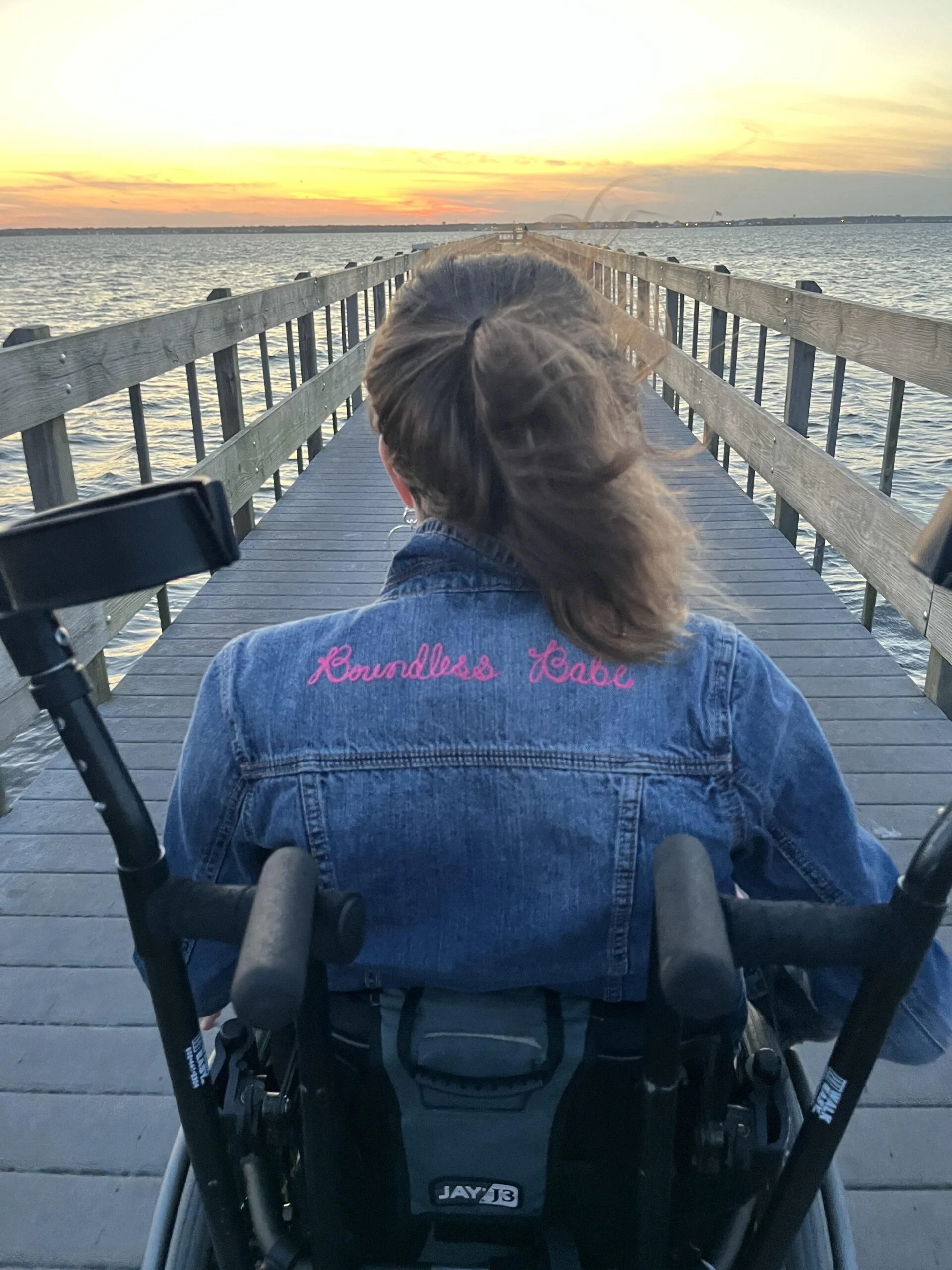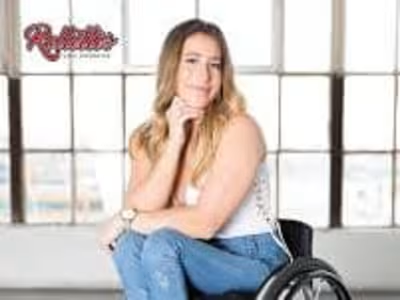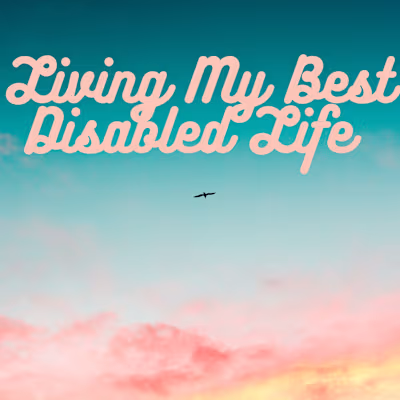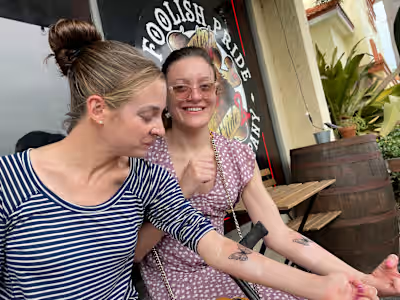Proper Etiquette by Olivia Murphy

Olivia Murphy shares her guide to proper etiquette when engaging with individuals with disabilities.
Living in a world where society views disability as a negative and something we should be ashamed of rather than celebrate can cause a lot of internalized ableism within the disability community. There are many assumptions that able-bodied people make about disabled people. Often, we’re subject to awkward interactions with people’s lack of understanding of how to interact with disabled people. Here are some suggestions for interacting with disabled people.
Don’t assume a disabled person needs help; ask if they need help before going forward. It’s essential to respect their boundaries and not assume they need assistance. Just because something takes a long time or looks difficult doesn’t always mean help is needed. A lot of disabled people are fiercely independent and sometimes stubborn. I don’t mind if someone asks me if I need help, but if I say I don’t, please respect it and don’t get insulted.
Don’t talk to disabled people like we’re children. It’s essential to communicate respectfully and not speak to us like we are children just because we have a disability. Talk to us like you would anyone else.
Avoid praising us for being out in public, as this can be condescending. We have lives just like everyone else. We eat, hang out with friends, go to the grocery store, and do everything everybody else does but differently.
It’s also important to remember that not all wheelchair users can’t walk. Some wheelchair users like me are ambulatory, meaning we can walk. In my case, I also use crutches. It’s unnecessary to comment on their ability to walk if you see a disabled person standing up from their wheelchair. Avoid saying things like, “Oh, it looks like you’re healed,” or “You must be having a better day because you’re not in a wheelchair today.”
Each person’s disability and how it affects them is unique. Just because you know someone with the same disability doesn’t mean you know how it affects everyone. I have a lot of friends with the same disability, but it never affects us the same way.
Our wheelchairs do not bind us; they give us freedom and independence that we wouldn’t have otherwise. Using a wheelchair helps me conserve energy and travel longer distances. I can easily stroll around with my friends who also use wheelchairs without feeling as exhausted as I would if I were walking. This allows me to comfortably attend concerts and other outdoor events without worrying about experiencing fatigue.
It is crucial to communicate directly with the disabled person instead of relying on their companions to speak on their behalf. For instance, when serving patrons in a restaurant, do not ask the companion what the disabled person would like; talk directly to the disabled person.
There is no need to feel bad or sorry for someone simply because they have a disability. Disability can be a positive aspect of identity, and suggesting a cure or giving unsolicited medical advice is inappropriate. We do not want people’s unsolicited medical advice from strangers who know nothing about us or our disabilities. Many of us are very content with our lives the way they are.
Language matters when speaking about disabled people. It is crucial to acknowledge that most disabled people prefer to be referred to as “disabled persons” instead of “people with disabilities,” “handy capable,” or “differently abled.” It is imperative to respect the disability community by not offering alternative terms for disabled people to describe themselves. Being referred to as a disabled person is all about taking back our power and owning our disability identity.
It is essential to acknowledge that having a disability does not mean a person lacks intelligence or capability. People with disabilities possess unique strengths and abilities, and offering disabled people equal opportunities to demonstrate their skills and contribute to society is vital. Stereotyping or underestimating individuals based on their disability is unjust and detrimental, as it may hinder us from achieving our full potential. For example, through my education, many people told me that I wouldn’t be cut out for college because of my disabilities, and if I had listened to them, I wouldn’t have gone on to have both a bachelor’s and a master’s degree.
Disabled individuals may experience discomfort when others unintentionally display behavior perceived as rude or condescending. Such behavior can harm their overall emotional well-being and perpetuate negative stereotypes and stigma associated with disabilities. The moral of the story is if you wouldn’t say it to an able-bodied person, don’t say it to a disabled person.
Like this project
Posted Oct 23, 2023
A guide to proper etiquette when engaging with individuals with disabilities
Likes
0
Views
10






